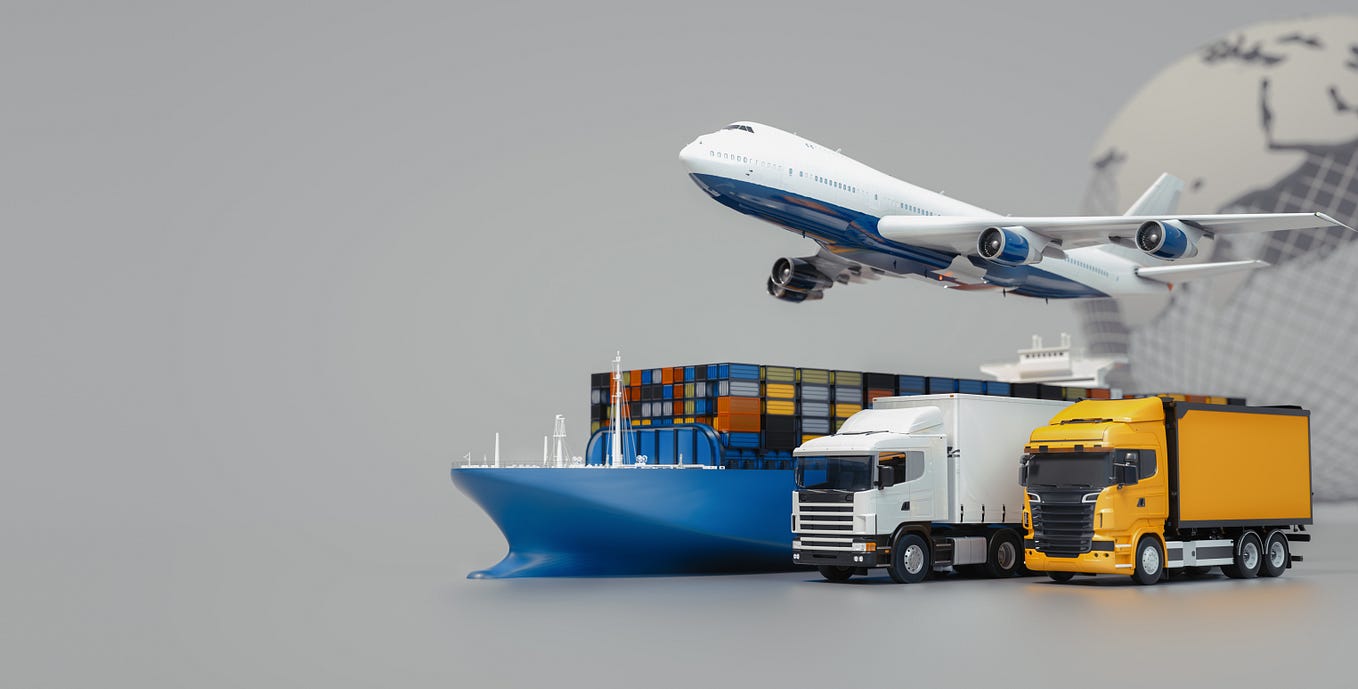Key Takeaways
- Integrated logistics support (ILS) improves equipment uptime, reduces costs, and supports long-term system sustainability
- Integrated logistics services are rapidly adopted in UAE aerospace, defense, and energy sectors
- An obsolescence management plan helps organizations stay ahead of outdated parts and technologies
- IRIDIUM integrated logistics solutions (ILS) leads the UAE market with tailored lifecycle-based support strategies
- ILS aligns with the UAE’s national goals for innovation, defense, and infrastructure growth
Why the UAE Needs Integrated Logistics Support Now

As the UAE becomes a global center for innovation, defense, aviation, and energy, the need for high system availability and efficiency grows. Integrated logistics support ensures systems remain fully operational, compliant, and cost-effective across their entire lifecycle.
What Is Integrated Logistics Support?
Integrated logistics support manages all operational, technical, and logistical elements required to maintain a system. It brings together planning, parts, documentation, training, monitoring, and repair under one coordinated framework. This integrated approach enables better decision-making, lower costs, and higher reliability across industries.
Why Integrated Logistics Services Are Gaining Ground in the UAE
- Complexity of systems has increased
- In-house logistics teams face skills and compliance gaps
- Cost and downtime risks have grown
- Outsourced integrated logistics services fill these gaps with trained experts and proven systems
Core Components of a Strong ILS Framework
Maintenance Strategy
Plans for preventive, corrective, and condition-based servicing to extend equipment life and meet operational needs.
Spare Parts and Inventory Planning
Forecasts demand, manages inventory levels, and sources parts to avoid delays and reduce stockouts.
Workforce Training
Delivers technical education and certification for teams to safely and effectively operate and maintain systems.
Technical Documentation
Provides current manuals, wiring diagrams, troubleshooting guides, and compliance records.
Support Equipment
Identifies, provides, and maintains the tools and facilities needed for inspections, servicing, and diagnostics.
Performance Monitoring and Feedback
Captures operational data for analysis, enabling proactive improvements and optimized decision-making.
Why UAE Businesses Must Have an Obsolescence Management Plan
- Prevents system failure due to discontinued or unsupported components
- Tracks supplier end-of-life announcements and risk levels
- Plans replacements before disruption occurs
- Maintains system readiness and long-term asset value
Business Benefits of Integrated Logistics Support in the UAE
- Higher system availability
- Reduced lifecycle costs
- Improved resource utilization
- Better trained teams
- Stronger compliance and audit readiness
- Long-term reliability and performance
IRIDIUM Integrated Logistics Support in the UAE
IRIDIUM integrated logistics solutions (ILS) provides tailored ILS programs for UAE-based organizations. IRIDIUM’s services include:
- Custom logistics planning across system lifecycles
- Region-specific strategies built for UAE environments
- Full obsolescence forecasting and replacement planning
- Technical training and up-to-date documentation
- UAE compliance alignment for defense, energy, and infrastructure clients
Building an ILS Program for Your Organization
Step 1: Audit Existing Logistics Functions
Assess maintenance, inventory, documentation, training, and downtime trends.
Step 2: Set Operational Goals
Define targets like system availability, cost reduction, compliance levels, and part readiness.
Step 3: Build a Unified ILS Plan
Create a strategy integrating all support areas, including a detailed obsolescence management plan.
Step 4: Choose a Trusted Logistics Partner
Select a partner like IRIDIUM with UAE industry experience, proven results, and lifecycle coverage.
Step 5: Train and Equip Your Team
Roll out training programs and ensure access to proper tools and manuals.
Step 6: Monitor Performance and Improve
Track KPIs, identify issues, and refine the ILS strategy with real-time feedback.
Common ILS Challenges in the UAE and How to Solve Them
| Challenge | Solution |
|---|---|
| Harsh environmental conditions | Adapt maintenance schedules and use specialized parts |
| Delayed spare part deliveries | Develop local stockholding and forecast usage |
| Outdated technical manuals | Digitize and standardize technical documentation |
| Technician skill gaps | Provide certified, bilingual technical training |
| Component obsolescence | Create and maintain an obsolescence management plan |
How ILS Supports UAE National Goals
- Aligns with UAE Vision 2031 and Operation 300bn
- Strengthens defense and civil infrastructure
- Enables smarter, sustainable logistics for growing sectors
- Supports talent development in engineering and technology
- Builds resilience across national supply chains
Final Thoughts
Integrated logistics support gives UAE businesses full control of systems from procurement to retirement. By lowering costs, improving uptime, and maintaining readiness, ILS supports growth and performance at every stage.
With its lifecycle-first approach, deep regional expertise, and tailored solutions, IRIDIUM integrated logistics solutions (ILS) is the leading ILS partner for organizations across the UAE. Whether you manage defense systems, power grids, or smart transport, IRIDIUM delivers the long-term logistics support you need to compete and thrive.
Frequently Asked Questions
What is integrated logistics support?
Integrated logistics support (ILS) is a method of managing all support functions—like maintenance, parts, training, and documentation throughout a system’s lifecycle.
What are integrated logistics services?
These are third-party services that deliver planning, technical, and supply support to improve system reliability and reduce total ownership cost.
Why is an obsolescence management plan important?
It prevents operational disruption by identifying and replacing outdated components before they cause failures.

